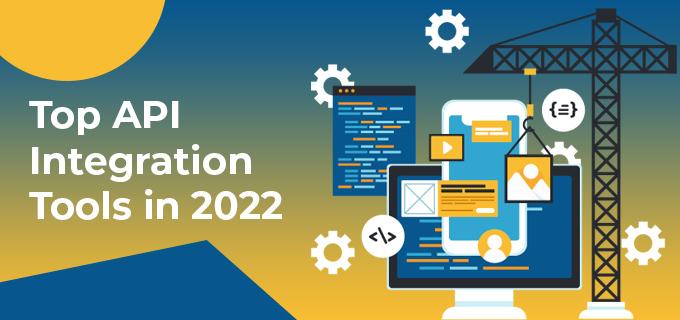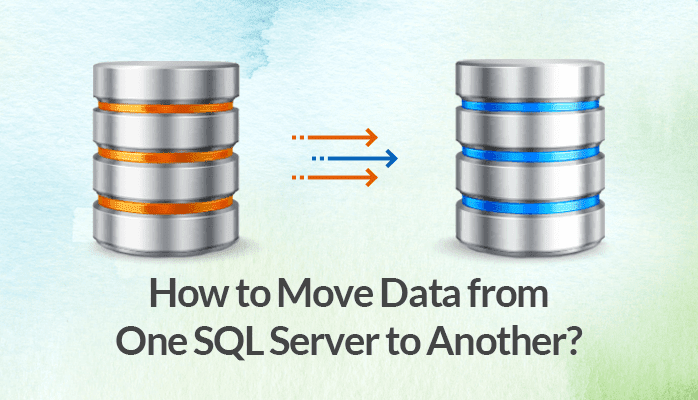
If we talk about today’s enterprises and increasing competition, it’s easy to imagine the peer pressure these companies are facing to keep their customer base intact. One instance of downtime, and you lose hundreds of users, leading to a huge loss of money. Hence, cloud computing has emerged as an ideal solution to avoid such instances. Businesses now understand that adopting cloud-native is the key to thriving in the evolving digital space. A study by Markets and Markets states that the cloud-native app market size will grow to USD 17.0 billion by 2028.
Since the concept of cloud-native development is comparatively more complex than legacy development, expert assistance is required. In this case, we recommend you hire a professional cloud native app development company. The team will handle the end-to-end development of your application with cloud best practices.
This blog intends to clear the confusion for those who are still trying to decide whether to choose cloud-native or whether it is worth investing in.
Top Benefits of Cloud Native Applications
The idea and benefit of cloud-native app development is to solve the issues of system vulnerability and downtime. These apps offer more scalability and consistent availability of the apps to the end users. Let’s have a look at the significant benefits of cloud-native below:
1. Scalability
Cloud-native applications are developed to be scalable and keep the app’s performance intact, irrespective of the high-traffic instances. They can handle the data of multiple users simultaneously without disrupting the performance. Businesses can also leverage cloud-native to scale the application up and down as per their requirements.
2. Resiliency
One of the significant advantages of choosing cloud native is that it offers resiliency and enables faster disaster/failure recovery. Cloud-based apps are designed with self-healing capabilities to handle software or system failures without hampering the application’s performance. Their failure mechanisms ensure the app is always available and offers an enhanced user experience.
3. Agility
Cloud-native application development follows an agile approach and practices, such as DevOps, SRE, continuous delivery, and containerization. With a focus on automation, these applications enable the cloud-native app development company to consistently improve their productivity, development process, test, and deploy new features.
Also read – How a Business Can Overcome Common Cloud-Based Challenges
4. Security
Application data security poses a massive concern when businesses want to secure user information while captivating their experience. Here, cloud-based apps come as a game-changer. They are built with tools and resources with built-in security mechanisms ensuring optimal data protection. Additionally, the reliable cloud consulting company will also offer security services, including threat detection, fraud detection, data encryption, and identity and access management.
5. Serverless Platforms and Reusability
The concept of serverless computing and leveraging serverless platforms for app development is the ongoing trend in cloud-native app development. Cloud-native apps use serverless platforms to upload portions of code for performing specific functions. The company also reuses these codes to create new projects and save development time. Cloud-native apps are compostable applications that run using a serverless platform where each service function has its logic and can be shut down when not required.
6. Real-time Analytics
Cloud-based apps are capable of providing real-time data that covers information, including performance issues, error detection, customer behavior analysis, and troubleshooting. These reports help businesses to app’s functionality and keep it compliant with the current regulatory standards.
Getting Started with Cloud-Native
The aforementioned pointers explain why to choose cloud-native development. In any case, you must remember that this is where the genuine game starts. Here, you need to investigate and find out about the details of cloud-native development and the assets used to make the process fruitful.
Begin using the web to learn about microservices and containerization and how they work cooperatively in cloud-based applications. In this cycle, you will likewise get to find out about well-known stages, like Kubernetes and Docker.
Many online resources are available that help developers facilitate their cloud-native app development services for businesses. You can also read this blog on Cloud Native Architecture- Its Benefits And Key Components to get an idea about this domain.
Conclusion
Modern-day businesses are adopting cloud computing to power their applications. This birthed the concept of cloud-native development. Being entirely built over the cloud using cloud-based frameworks and platforms, these apps are more scalable, resilient, and secure. The above-mentioned benefits of cloud-native apps will help you understand why the cloud is the future of tomorrow and how these apps encourage automation, manual redundancy, and increased productivity of the DevOps team. Additionally, it’s suggested to partner with a reliable software development company to get started with cloud-native.








